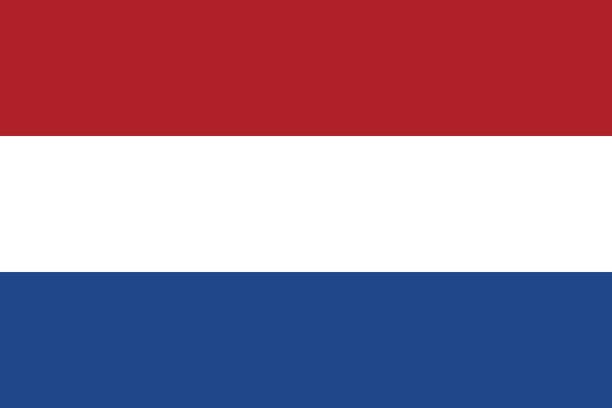Galanthus 'Beluga'
Available to order from July 2025
Nijssen Tuin & Bulbs Heemstede | Official site of Peter C. Nijssen
The website is once again full of novelties. Thanks to the infinite supply that nature brings with it; a site full of worldly bulbs.
Available to order from July 2025
Available to order from July 2025
Available to order from July 2025
Available to order from July 2025
Available to order from July 2025
Available to order from July 2025
Available to order from July 2025
Available to order from July 2025
Available to order from July 2025
Available to order from July 2025
Available to order from July 2025
Available to order from July 2025
Available to order from July 2025
Available to order from July 2025
Available to order from July 2025
Available to order from July 2025
Available to order from July 2025
Available to order from July 2025
Available to order from July 2025
Available to order from July 2025
Available to order from July 2025
Available to order from July 2025
Available to order from July 2025
Available to order from July 2025
Available to order from July 2025
Available to order from July 2025
Available to order from July 2025
Available to order from July 2025
Available to order from July 2025
Available to order from July 2025
Available to order from July 2025
Available to order from July 2025
Available to order from July 2025
Available to order from July 2025
Available to order from July 2025
Available to order from July 2025
Available to order from July 2025
Available to order from July 2025
Available to order from July 2025
Available to order from July 2025
Available to order from July 2025
Available to order from July 2025
Available to order from July 2025
Available to order from July 2025
Available to order from July 2025
Available to order from July 2025
Available to order from July 2025
Available to order from July 2025
Available to order from July 2025
Available to order from July 2025
Available to order from July 2025
Available to order from July 2025
Available to order from July 2025
Available to order from July 2025
Available to order from July 2025
Available to order from July 2025
Available to order from July 2025
Available to order from July 2025
Available to order from July 2025
Available to order from July 2025
Available to order from July 2025
Available to order from July 2025
Available to order from July 2025
Available to order from July 2025
Available to order from July 2025
Available to order from July 2025
Available to order from July 2025
Available to order from July 2025

 Nijssenbulbs.com
Nijssenbulbs.com